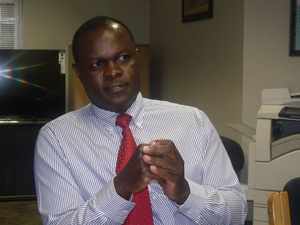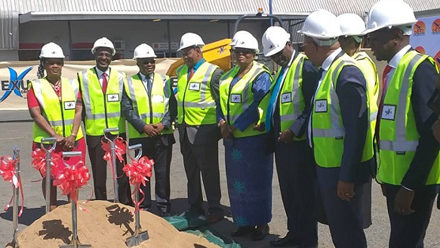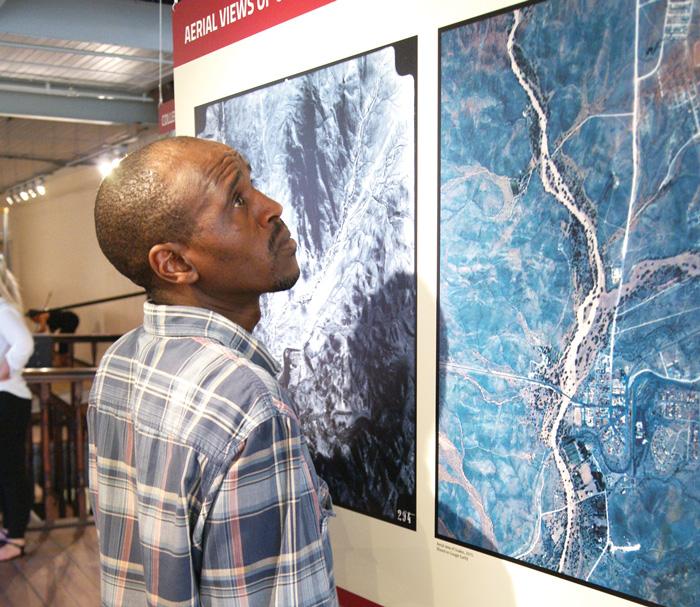
More Microsoft broadband frequency

The man who carries a large part of Africa’s technology hopes, Microsoft’s East and Southern Africa Country Manager, Eric Odopi. (Photograph by Musa Carter)
“We announced it in December last year and we are currently going through the phase of having discussions with local operators as well as searching for partners to do the infrastructure work and we should have a pilot running in the next couple of months” Odopi said.
TV White Space spectrum refers to frequencies in the VHF and UHF television broadcast bands that are either unassigned or unused by existing broadcasters or other licensees. Television broadcasts occupy designated channels in the VHF and UHF bands, with the assignment of channels to broadcasts varying by location. Not all the designated channels are in use for broadcast in any given market, giving rise to “White Spaces” in which a channel that is not used for broadcast may be available for other purposes like broadband frequencies.
Odipo stated that their main focus in the country at the moment is access, one of the three pillars of development. The government had identified that access is important hence the push by Microsoft to introduce the utilisation of White Space.
With the project in the pipeline it was highlighted that consumers will benefit from higher bandwidth and/or more widely available network access, which will in turn enable them to enjoy the growing number of online services more fully and conveniently. This includes the full range of communication services, including the ability to send and receive audio-visual content. In addition, consumers will undoubtedly benefit from the economic growth that these new technologies would enable.
Odopi stressed that Africa does not need donations, but needs things that can boost global competitiveness, because “to be competitive now you have to be able to compete in the global market and technology can bridge that gap between where Africa is today and how we can compete and improve against the other continents.”













































